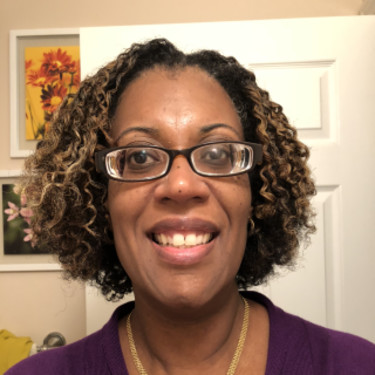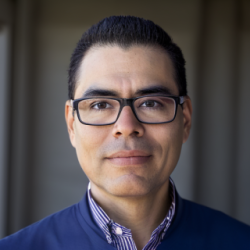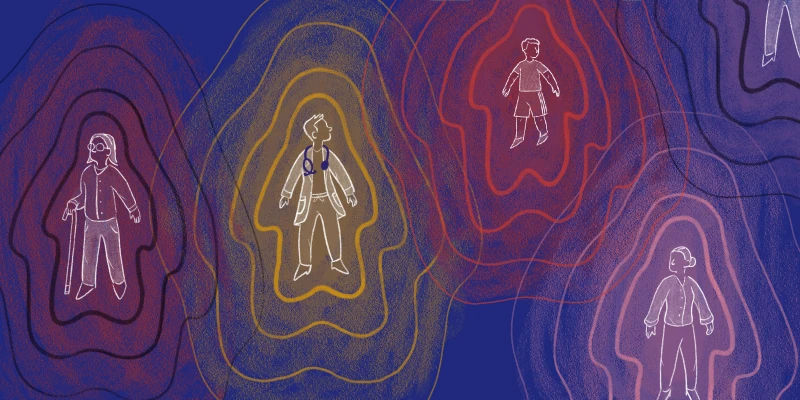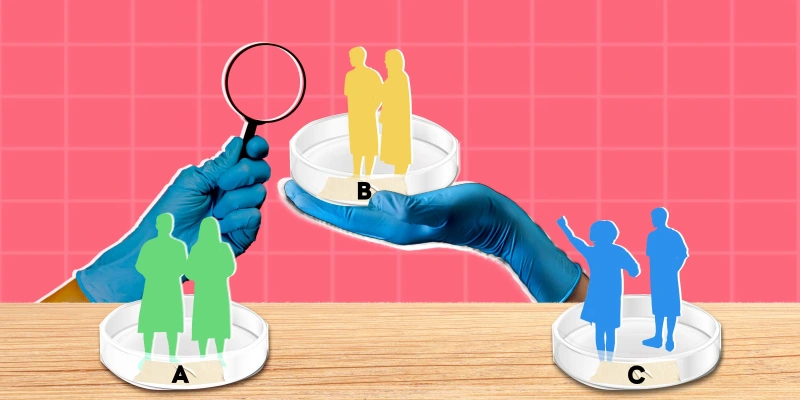I still haven’t decided which was harder: finding my forever romantically or professionally. To be completely honest, that week I spent agonizing over whether to accept that PICU fellowship spot was all about fear of entering another decade still single. I mean, sure, Greg, the future NICU specialist, said I was too smart for general pediatrics, but he’s married with children, so he doesn’t know the struggle.
I, on the other hand, was mired in the struggle since whichever women in medicine dinner lecture I attended first introduced me to the concept of “work-life balance.” I arrived in NYC ready to break free of the Ivy League country club crowd that didn’t appreciate me. Somewhere in this city of millions, the love of my life was lurking. Who cared that I had to get through this medical school thing? Just because that vague smell of formaldehyde tended to linger didn’t mean that I couldn’t still have fun. I was single and ready to mingle!
I’m going to pretend for a moment that it was easy, during those preclinical years, to compartmentalize myself into medical student by day and party girl by night. That part of work-life balance was familiar and practiced for those of us on the academic track. Study, party, sleep, repeat. We were not your stereotypical Gen X slackers. We were the women who were going to have it all. In the moments when it was just me and my friends hanging out at the bar, you could almost believe it.
What I didn’t appreciate until orientation day, however, was that having it all would be much more complicated than I expected. Despite being in the middle of New York City, I was the only Black face (female, at least) in the crowd. Suddenly, my whole existence (Kim Clare, party girl) was overtaken by the psychological reality of being a DEI statistic. Yet, I was still determined that my otherness wasn’t going to keep me from priority number one: finding love.
Those easy days ended quickly with my arrival on the wards. That first rotation (psychiatry, which I once thought would be my specialty of choice) showed me to be woefully unprepared for my starring role in medical student performance art. Like all art forms, I was judged critically and subjectively (and psychiatrists are among the most skilled at convincing you that you are the crazy one). Worse yet, those comments were cut and pasted verbatim into residency recommendation letters. If you think the dating world is bad, can you imagine what it would be like if the opinion of the person who ghosted you was pinned to your online profile?
Ironically, I joined the online dating world at the same time as I started the slog through the residency application cycle. Ugh, I can still see the bushy-haired college graduation picture that I had to use for my profile! Selling myself to pediatric programs was a process I understood, but Match.com was a platform where none of us had training. I wasn’t prepared for the experience of being ghosted after a first date (Is it so hard to say “not interested” and move on?) but, worse than that, I had no idea how badly my fantasy of meritocracy would come crashing down on Match Day.
It's no wonder then that, three years later (and yes, still 20 years later) I hung onto the opinions of anyone who thought I was smart. Once I arrived in pediatric residency, even though it might not have been my first-choice program, I was back to full strength. I was known for my innate ability to identify a child who was critically ill and was someone who could be trusted to stay calm and efficient when all hell was breaking loose. I thrived on the adrenaline rush that came from dealing with complex patients, so a career in pediatric intensive care medicine made total sense.
Then why was I struggling to accept the fellowship position? The other voice I had in my ear was my friend Arianna asking, “Don’t you ever want to get married?” We were witness to the fertility challenges of women who found partnership later in life. For me, in my late 20s with a history of PCOS and no current relationship, the thought that an ICU fellowship might mean never having children kept me up at night.
How many of us have heard that “a doctor’s life is not their own”? Medicine remains a vocation dependent on delayed gratification among its acolytes. Beyond the years of training, patient care takes time and brain space that is subsequently unavailable for other pursuits. This obligation is not as stringent as a military or religious vocation but more rigorous than fields like teaching, law, or nursing, which require similar commitment. Ideally, we pursue these vocations knowing what we are sacrificing and making thoughtful decisions for our future selves.
We, as women born in the shadow of Title IX, are not supposed to admit in public spaces that love, intimacy, and family are as important drivers of our life purpose as career and professional success. Neither are we meant to acknowledge that achieving love, intimacy, and family might be just as difficult as achieving our career aspirations. To me, however, the psychological struggle for work-life balance doesn’t start in the hospital, clinic, or C-suite, but at that deep place internally where you endlessly debate whether you’d rather be smart or pretty. How could I make the decision not to take that ICU fellowship when, for the first time since high school, the choice of what to do next was entirely in my hands?
The first step was acknowledging that the mere fact that I was losing sleep over this decision was answering the question. My desire to be an intensivist should have been strong enough to make the answer immediate. I landed at a private general pediatric practice in Poughkeepsie, NY where I covered my own hospital patients. Internet dating services had yet to arrive up here, though, so I had to contend with the personals in my first forays into finding love. Dividing my time between work and life didn’t become miraculously easy, but choosing to take time for both has made each piece more rewarding.
Work-life balance in medicine is achievable but finding it requires understanding that balance is, by nature, precarious and easy to upset. Even when we think we’ve got it all figured out, something can happen to knock our feet out from under us. For me, maintaining stability through the chaos, required me (with the help of a few years of therapy) to keep the doctor in me from trying to take over. My family keeps me sane and grounded in my personal values. I have yet to regret the career sacrifices I’ve made to support my non-work life.
Dr. Kimberly Clare is a pediatrician in Poughkeepsie, NY. She enjoys reading, crochet and the New York Times Sunday crossword but her real passion is karate (black belt in Tang Soo Do). Dr. Clare is a 2023–2024 Doximity Op-Med Fellow.
Image by GoodStudio / Shutterstock







